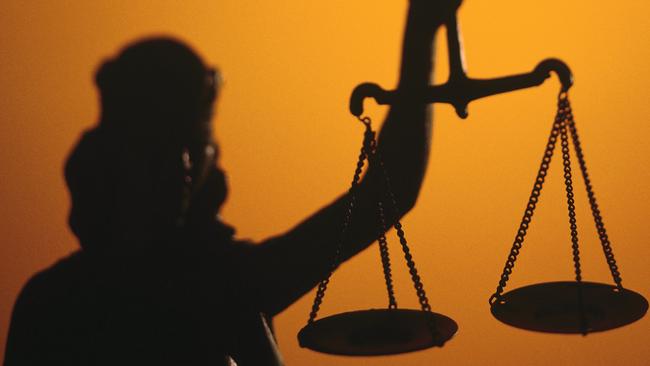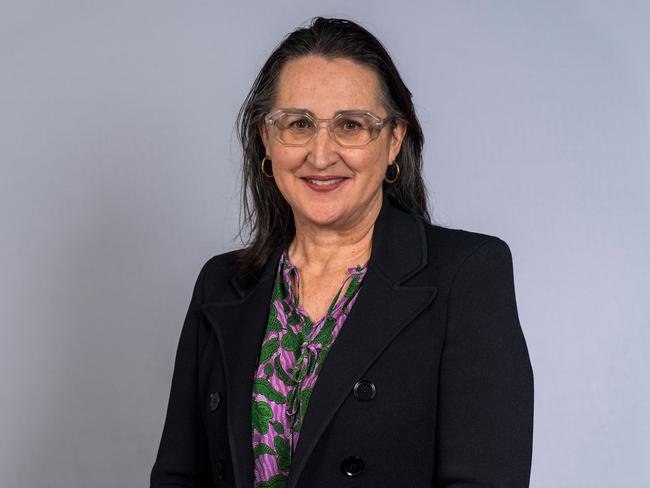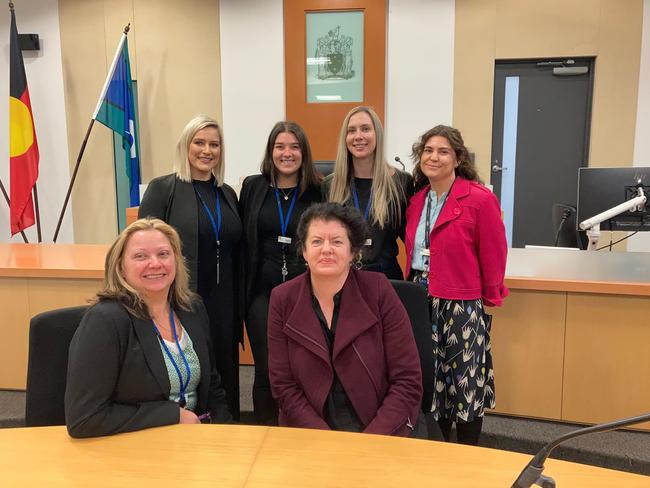The Magistrates’ Court of Victoria rolls out the Assessment and Referral Courts in Heidelberg
A specialised court brings the judiciary down to a conference table in an effort to “break the cycle” of reoffending. This is how it works.

Melbourne City
Don't miss out on the headlines from Melbourne City. Followed categories will be added to My News.
A specialised court designed specifically to deal with people with intellectual disabilities and mental illnesses has been expanded to a new suburban location.
Part of the Magistrates’ Court of Victoria, the Assessment and Referral Courts (ARC) were first rolled out in 2010 in Melbourne, before being added to Frankston, Moorabbin and Latrobe Valley.
Thanks to a recommendation from the Royal Commission into Victoria’s Mental Health System, now those with mental illnesses can also be referred to ARC courts in Heidelberg, Bendigo and Ballarat.
And in less than 18 months, ARC will be at Sunshine, Dandenong, Broadmeadows, Ringwood, Geelong and Shepparton.
Speaking exclusively to the Herald Sun, ARC supervising Magistrate Roslyn Porter said people with mental illnesses were “over-represented” in the criminal justice system, and their illnesses often contributed to their offending behaviour.

The Magistrate of 13 years — who was a lawyer for two decades before that — said the therapeutic court considered individuals’ complex presentations and provided effective alternate sentencing pathways.
“Individuals often have highly disadvantaged backgrounds and we see people before us who have significant history of trauma and childhood abuse, which often correlates with the underlying mental health concerns they have,” she said.
“We’re really tailoring the court proceedings to address the needs of the individuals and, in many cases, break a cycle of offending.”
Designed to “build a rapport” with all involved, the “multidisciplinary team” — made up of the magistrate, lawyers and case workers — sit at an oval table with the accused.
It’s similar to the Indigenous Koori Court system, aimed to bring the administration of justice down to an equal level rather than the formal process of the judiciary sitting above and looking down.
“We’re letting individuals talk about what their goals are and what they need to do to walk away from their identity as someone who’s been involved in the criminal justice system,” Ms Porter said.
“We are really strengthening the ability of an individual to have respectful relationships and to go about identifying their treatment needs in an effective way.”
Case workers work closely with each person facing charges for about a year, and the accused returns to the courtroom monthly.

The constant check ins are aimed at making sure the accused stays “motivated to make positive changes in their life” and case workers provide access to other community supports like mental health, drugs or alcohol treatments, and housing if required.
But the program isn’t available to everyone.
Only those with the “most complex” concerns are referred to ARC, and they must be pleading guilty to their crimes.
“The court needs to be satisfied that there’s a mental health diagnosis, or cognitive disabilities such as an intellectual disability,” Ms Porter said.
“We also need to be satisfied their diagnosis means their day-to-day capacity is reduced.
“That means they might have difficulties with self-care, self-management, social interaction, or communication.”
While almost anyone can refer someone to ARC, if these tough conditions aren’t met, they’ll be sent back to the Magistrates’ Court to be dealt with like any other accused.
Working as a magistrate, particularly in the ARC system Ms Porter said, is a privilege.
“As a judicial officer, you are under the burden of often difficult decisions,” she said.
“But it is also a real pleasure to be doing this work.
“It is very special work to be having conversations in court with individuals who are really wanting to make really significant changes in their life.”
She’s “disappointed” when people who had been doing well reoffended but even then, individuals can still make “remarkable changes”.
“We see some amazing transformations that people make, and I think that’s very hopeful.”




